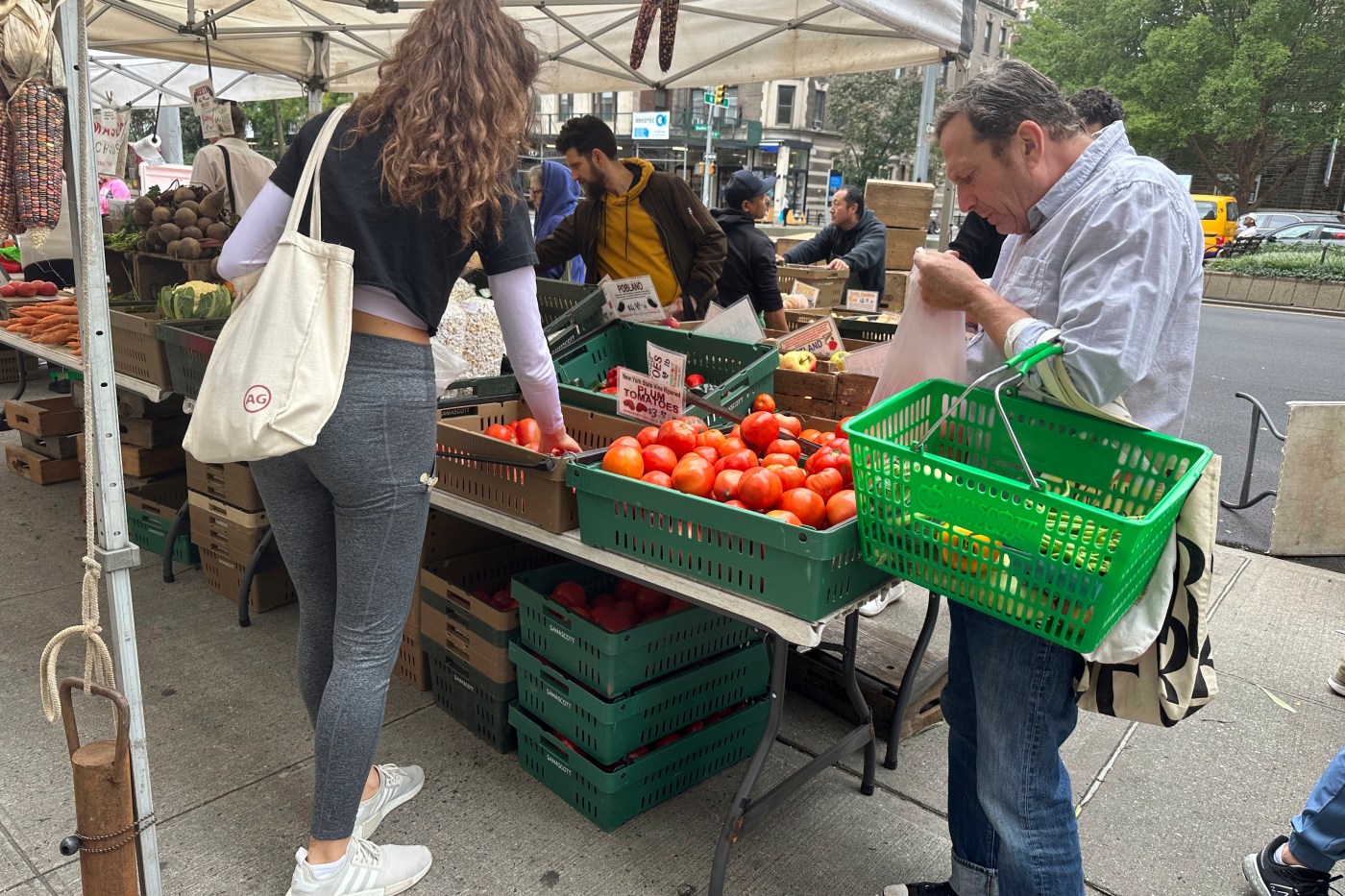
The people’s inflation is still a big problem
What is inflation? Officially, it’s the change in average consumer prices over a period — a number that has, in recent months, been easing down toward the US Federal Reserve’s 2% target. But for many people, it’s a way to describe in one word the struggle to make ends meet.
On the latter front, the battle against inflation is far from won.
Can’t afford to buy a home? Using credit card debt to buy groceries? Paying out of pocket for prescription drugs? All these problems are part of the people’s inflation, which isn’t rooted in supply chain issues or monetary policy or how quickly the Fed acted. It reflects the systemic weaknesses and market failures that have long dogged our economy.
The list of markets that fail to deliver affordable and accessible goods and services is long, including child care and prescription drugs, but the surge in prices of the past couple years has brought to the forefront two items crucial to survival: food and shelter.
Food prices have risen 25% since the start of 2020, the largest and fastest increase since 1947. That’s a direct hit to families, one that naturally arouses anger and frustration. Most food-related industries, from seeds to store shelves, are oligopolies on their way to monopoly. For key goods such as beef, baby food and pasta, the top four firms control 80% of the market. Groups ranging from small-farm producers to environmental advocates have long decried the deleterious effects of concentration.
The situation with shelter is even worse. The US housing market has struggled to fully recover since single-family home construction collapsed two decades ago, amid the bursting of the subprime mortgage bubble. No part of the market, except perhaps the very top, has been spared.
Over the past three years, mortgage rates have more than doubled. Average rents, as measured by the Consumer Price Index, have increased 21%. One in four homeowners are “house poor,” and the median renter is “rent-burdened,” spending more than 30% of income on housing. Homelessness is soaring as home affordability plunges to record lows.
If the difficulty in affording food and shelter were a shared experience, it might incite less dissatisfaction. It’s not. Amid booming corporate profits, the likes of Jeff Bezos, Elon Musk and Mark Zuckerberg have seen their fortunes grow by hundreds of billions of dollars. This adds to the impression among regular folks that their efforts to make ends meet are futile, a game that someone else is destined to win. Cheerleading about a soft landing doesn’t help. On the contrary, it adds to the insult.
The people’s inflation has no easy solution. Some of the market concentrations and failures have been decades in the making. They’ll take time to change, but policymakers could commit to at least wanting to change them. There are also ways to increase the means and decrease the costs of lower-income households: aggressively raise the minimum wage, expand eligibility for food stamps, enforce anti-trust policy, provide more money for rental assistance, build more housing.
The risk of inaction is further polarization of an already deeply unequal economy. If your leaders keep telling you that things are great but you are still struggling, the logical conclusion is that you don’t count. The people who matter are okay, and you’re being left behind.
(Kathryn Anne Edwards is a labor economist and independent policy consultant.)


